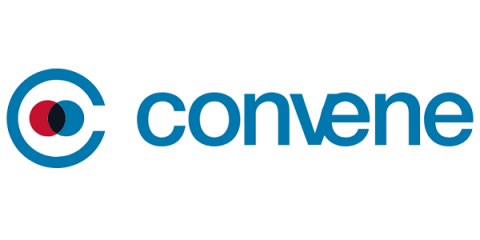Teams | Collaboration | Customer Service | Project Management
Cloud
Elevate productivity by moving to Atlassian Cloud | Sophos | Atlassian
Security and Compliance Considerations for the Public Cloud
Setting up your own servers requires a lot of up-front investment and ongoing maintenance. That’s why most technology companies today use an Infrastructure-as-a-Service (IaaS) provider for their compute needs.
Top 6 Cloud-Based Management Platforms for IT Teams
The cloud-based service market was worth more than $270 billion in 2020. In 2022, the numbers have gone up even more. Every business now wants to migrate to the cloud, and for good reasons. Cloud-based management platforms make it easier for any business to scale. At a time when every process is digitized, not opting for a cloud management platform makes very little sense. It’s the single biggest contributing factor to the success of several small businesses.
Forging Connections in the Cloud: How SaaS Companies Can Leverage AI to Deliver a Superb Customer Experience
It is a digital world indeed, and one in which software, in its various forms, stands as a vital component of daily life. Also known as “on-demand” software, Software as a Service (SaaS) refers to a licensing and delivery model whereby software is licensed on a subscription basis and hosted centrally. A SaaS cloud-based service is accessible through an internet browser, rather than users needing to download and install software on a PC or business network.
Emerging Cloud Security Threats & How to Address Them
Cloud hosting is becoming the norm due to its efficiency, accessibility, flexibility, and scalability. Not only that, but it also optimizes IT expenses and encourages collaboration. However, with the rise of digitalization comes the surge of cyber attacks. With such threats, business leaders must be attentive to the cloud security of their businesses.
AWS vs. Azure vs. Google Cloud: Which Cloud Provider is Best?
8 Cloud-Based HR Solutions to Support Remote and Hybrid Teams
Discover the top cloud-based HR tools to support remote and hybrid teams. HR teams are flocking towards cloud-based solutions for their digital toolkits. Discover the value that HR cloud-based tools can bring to your business, and find out how software for tracking remote employees can benefit your digital HR toolkit.











